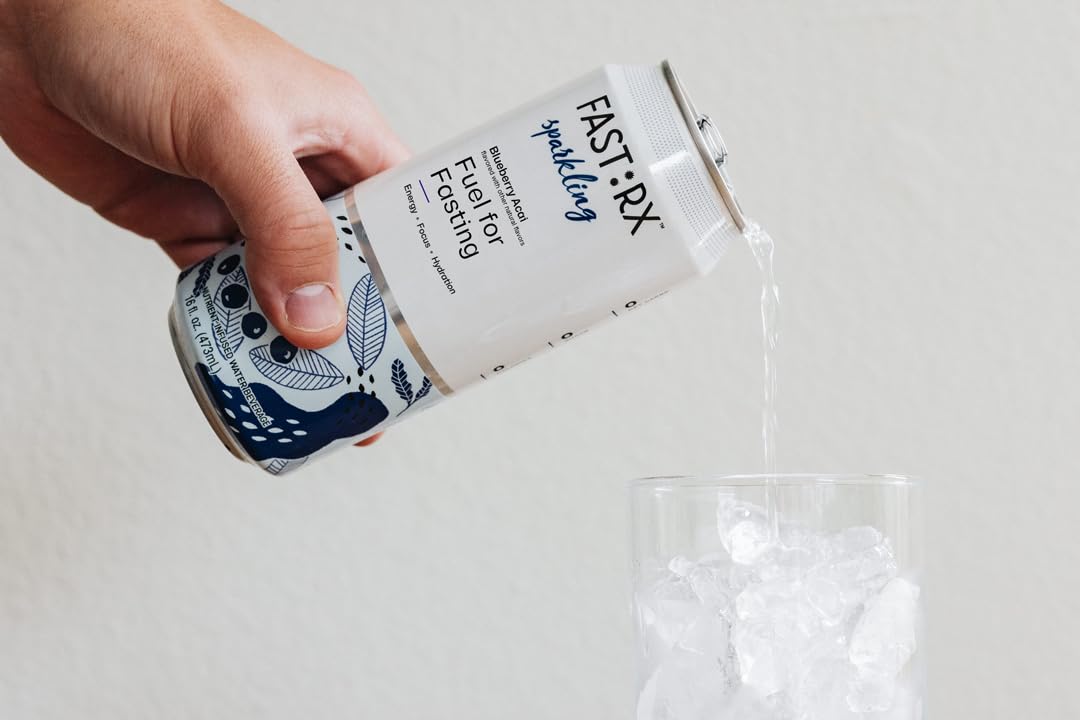1. Understand the Importance of Hydration
Water is essential for virtually every bodily function, from regulating temperature to maintaining cell health. During fasting, when food intake is restricted or completely absent, your body still loses water through sweating, breathing, and other natural processes. Without regular fluid intake, you can quickly become dehydrated, which can lead to dizziness, confusion, and even more severe health issues. Since we get most of our water from our food, when fasting it is critical to drink 4-5x your normal intake. If you start to feel a headache, seriously consider breaking your fast.
2. Choose the Right Fluids
If your fast allows for liquid intake, it's crucial to choose fluids that best support hydration. Water is the most effective hydrator, but you can also include:
- Herbal Teas: Non-caffeinated herbal teas like peppermint or chamomile can be a soothing and hydrating option. In our fasting drink FAST:RX we use Green Tea which is also a source of clean caffeine that can satiate hunger and boost energy when fasting.
- Electrolyte Drinks: If you are fasting or keto for an extended period or in a hot environment, consider electrolyte drinks without added sugars to replenish lost minerals. FAST:RX includes the four essential electrolytes that can really help you feel like your self when fasting, and get through easier.
3. Monitor Your Body's Signals
Listening to your body is crucial during fasting. Pay attention to signs of dehydration, which include:
- Dark yellow urine
- Dry mouth and throat
- Fatigue and dizziness
- Headaches
- Muscle cramps
If you experience any of these symptoms, it may be a sign that you need to break your fast or consume more fluids if your fasting method permits it.
Tip: Carry a small bottle of water with you (if allowed during your fast) and take small sips regularly to avoid dehydration.
4. Plan Your Fasting Schedule Wisely
If possible, plan your fasting schedule during cooler parts of the year or avoid extreme physical activity to reduce the risk of dehydration. If you're fasting in a hot climate or during physically demanding activities, it's even more important to monitor your hydration closely.
Tip: Adjust your fasting routine based on your environment and physical demands to maintain optimal hydration.


